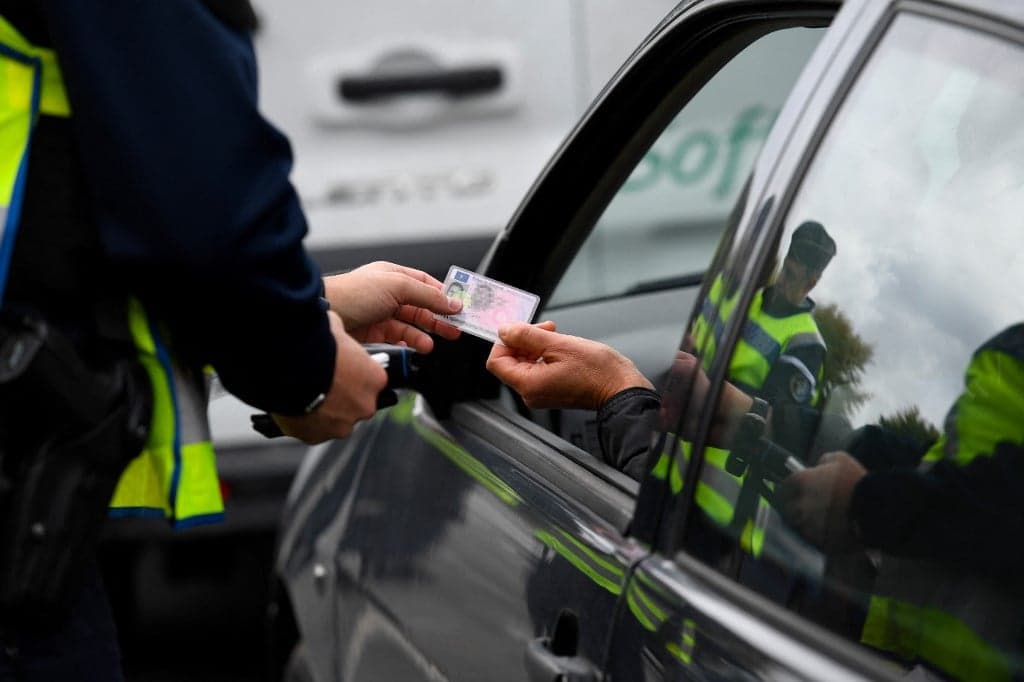If you're coming to France on holiday there is no problem with driving on the licence of your home country, whether you're bringing your own car or renting one once you arrive.
If you live in France, however, it's a different story and after a certain period of residency (usually one year, although there is a slightly different system for UK licences) you will usually need to swap your licence for a French one.
Conditions vary depending on where your licence was issued - full details here.
But it's also fair to say that not everybody follows these rules.
Swapping your licence is a time-consuming bureaucratic process and for many people it simply feels like too much hassle - especially if you don't actually own a car and just occasionally drive a rented car or a friend's vehicle.
READ ALSO Can you be fined for having a foreign-registered car in France?
This is especially the case for people who have a driving licence from a country (or certain states of the USA) that doesn't have a reciprocal agreement with France, as they have to take a French driving test in order to get a licence in France.
But what do you risk if you carry on driving on driving on your old licence?
The French government is pretty clear on this one: "The exchange for a French licence is compulsory in order to be able to drive in the long-term in France."
Driving while not having a valid licence carries a maximum penalty of a €15,000 fine and a one-year prison sentence. Since 2014 there exists a fast-track system in which people who meet certain criteria (first offence, not involved in any other traffic offences) can immediately plead guilty and take a €800 fine.
If you are a non-EU citizen your visa or residency permit provides clear proof that you live in France, so in most cases it's unambiguous that you should have swapped your licence if you are stopped by police. There are a couple of exceptions including students (more on them below).
And don't even think about using a fake licence - that carries a maximum penalty of a €75,000 fine, confiscation of the vehicle, a driving ban and (for non-EU citizens) a 10-year ban on entering any EU country.
Insurance
But even if you manage to avoid the attention of the police there is another issue to think about - insurance.
As discussed, driving with a foreign licence when you should have swapped it is illegal so this also invalidates your insurance.
If you have an accident while driving, even if it's not your fault, you will need to contact your insurance and if you're showing a French address and a non-French licence it's likely that questions will be asked. Listing an address that's not your actual place of residency counts as lying to your insurers, which is also likely to result in the refusal of your claim is you are caught, and can lead to prosecution.
Students
If you're studying in France on a student visa/residency card you can continue to drive on your old licence during your studies. If you decide to stay in France after graduating, you should swap your licence for a French one within one year of receiving your non-student residency card.
Diplomats can also carry on driving on their original licence, as can people who hold refugee status in certain cases.

Join the conversation in our comments section below. Share your own views and experience and if you have a question or suggestion for our journalists then email us at [email protected].
Please keep comments civil, constructive and on topic – and make sure to read our terms of use before getting involved.
Please log in here to leave a comment.